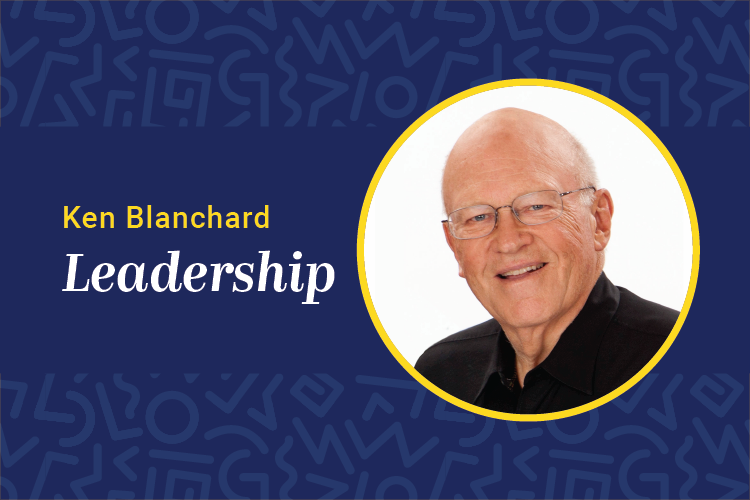If you’re charged with developing people so their talents are aligned with your organization’s business strategy, you have a tough job. It’s not easy to weigh all the options and decide what programs to implement to improve productivity and performance. One of the toughest parts of the job can be persuading key executives that the learning programs you’re proposing will have real value. Another perennial challenge is figuring out how to create an impact with limited resources.
To provide a framework that gives continuity to all your programs, focus on the common denominator that underlies them all: Learning helps people grow. When people are encouraged to grow, not only can they acquire the skills to master the work they’ve been hired to do, they can fulfill their highest potential and bring added value to the organization.
When something is alive, it grows. The people in your organization who stop growing may not physically die, but their effectiveness will erode. Over time, they may not be effective at all.
You see these losses in organizations large and small — people who begin with promise yet fail to keep up. You see it in the person who gets a promotion based on potential, but whose potential never materializes. You see it in the young emerging leader who never gets a shot, and whose potential remains untapped. What do these situations have in common? Growth — or the lack of it. The failure to grow sabotages more people and organizations than anything else. You can solve this problem by ensuring your organization provides development options that give all employees the opportunity.
Lately, I and my friend and colleague, Mark Miller from Chick-fil-A, have been studying the ways people can grow. Here I’ll focus on one: gaining knowledge.
Gaining knowledge is not a one-time deal. A commitment to gaining knowledge is a long-term decision — a habit you and your organization cultivate and practice year after year.
It begins with self-knowledge. The most effective human beings and organizations have a high degree of self awareness. What is your personality type? How do you like to learn? What are your strengths and weaknesses? Assessment tools like the Myers-Briggs Type Indicator, the DiSC Profile, Gallup’s StrengthsFinder 2.0 and employee surveys can help you better understand what makes you and your organization tick.
Equally important is gaining knowledge of others. Talk to the people in your circle of influence to discover their goals, hopes and dreams. By getting beyond superficial conversation and building relationships, you can find out important information that might not otherwise be shared: how people like to be recognized, how they prefer to communicate, who their families are and what really matters to them. This is important because the more you know about others, the more effective you can be in working with them to attain goals — yours, theirs and the organization’s.
Gaining knowledge includes learning about your industry. Be honest as you answer this question: How much do you really know about the industry you’re in? If the answer is not an unqualified “just about everything,” here are some suggestions. First, read up on the history of your industry — find out who the major players were in the past and what they contributed. Next, do some research on what’s happening today. If you don’t know who your chief competitors are, find out. If you do know, take a closer look.
Finally, make an investment in gaining knowledge about leadership. Anyone who is effective in their job is a leader. Explore books and information about leadership to discover trends and best practices. Take a look at your current skill set and see what skills other leaders have that you might need to work on.
The more you grow as a leader, the more you will be able to serve others. And isn’t serving others the highest and best use of all knowledge? It’s that simple, but simple doesn’t mean easy.
Ken Blanchard is a best-selling author, speaker and chief spiritual officer of The Ken Blanchard Cos. He can be reached at editor@CLOmedia.com.















